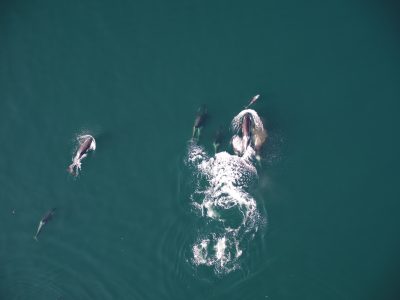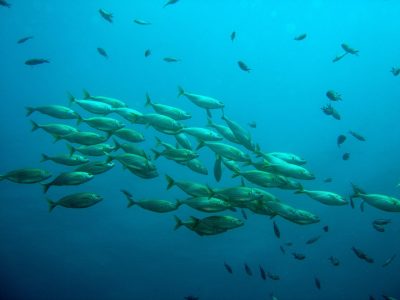International Women in STEM Day at IOF: Science that Protects Oceans, Communities, and Futures
IOF is highlighting a few of the women across the Institute whose work shows what science looks like when it is built for impact.
Not all waves are created equal
It was found that when elevated water levels and the right wave direction line up, inundation risk jumps. This is particularly true during El Niño, when regional sea level sits higher.
Orcas and dolphins seen hunting together for the first time
Canadian researchers capture rare video of killer whales and dolphins working together to forage salmon off B.C. coast, suggesting the two species have forged a co-operative relationship
Coral Reef Survival: Depth, Marine Protected Areas, and Seascape Structure Are Key
Living corals are more likely to survive and thrive when found in deeper water, within Marine Protected Areas (MPAs), or in compact reef patches
Marine heatwaves quietly rewire ocean food webs
These bursts of extreme ocean heat are also reshaping the entire structure and function of marine food webs, with consequences that can last years after the water cools
From single use to reuse in beverage packaging
Reusable cups and bottles can cut carbon, waste, and costs if return and washing systems are in place.
Pacific salmon are highly sensitive to ocean acidification – regardless of how much they eat
Climate change is driven in part by excess carbon dioxide emissions, much of which is absorbed by the ocean, a process known as ocean acidification.
New mega RNA virus may hold the key to mass oyster die-offs
Scientists have discovered a previously unknown virus in farmed Pacific oysters during a mass die-off in B.C., Canada.
Nations will see half of their straddling stocks moving towards the high seas by 2050
UBC finds that 37% of straddling stocks are projected to have significant shifts between Exclusive Economic Zones (EEZs) and the high seas by 2030, while more than 50% could do so by 2050.









